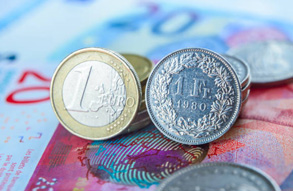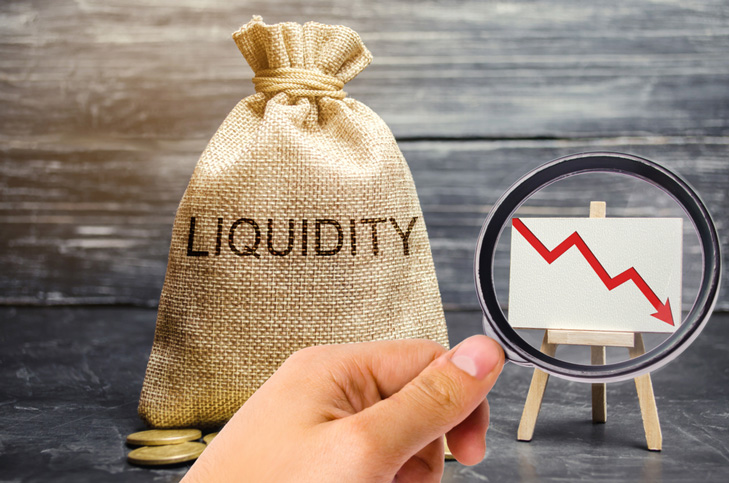What to choose: Euro or Swiss Franc
Over the course of several decades, we have already become accustomed to not trusting the national currency, the exchange rate of which has dropped several times in relation to the main world currencies.

Therefore, the majority of the population prefers to store money in currencies such as the American dollar, euro or Swiss franc.
The first two monetary units are the most popular, but after the start of the crisis and their strong fall, many people are thinking about saving in Swiss francs.
Since the Swiss currency is used as an asset for storing savings along with gold.
Moreover, due to decreased confidence in the US dollar, most investors today choose between the euro and the Swiss franc.
It is clear that a reasonable question arises here - Which is better, the euro or the Swiss franc?
As in most cases, the answer to this question cannot be unambiguous; it all depends on the goals and objectives set.
Cash – the euro definitely wins here, since problems can arise with the Swiss franc in the form of cash.

Not all banks change cash francs, especially old banknotes that have already been withdrawn from circulation. And the Bank of Switzerland regularly replaces old banknotes with new ones.
Liquidity – the euro is also the most popular money. Today, 20 countries use this currency.
In addition, you can easily exchange euros for other currencies at almost any bank or exchange office, and the exchange commission will be much lower than for the Swiss franc.

Reliability – if we consider long-term prospects, then I would give preference to the Swiss franc; most of my savings are kept in this currency.
Unlike the euro, the fate of the franc does not cause concern; in terms of gold reserves, Switzerland ranks 8th in the world ranking, and the amount of paper money in circulation is not commensurately less than euros or dollars.
But do not forget that it is advisable to store Swiss francs only in a bank account.
Profitability – that is, how much interest a deposit in a particular currency can bring to its owner over a certain period of time.
For deposits in euros, banks pay a maximum of 2% per annum, but for Swiss francs only 0.5%, and finding a bank that will pay at least something for a deposit in francs is not so easy.
Therefore, you can safely consider the difference of 1.5% per annum in favor of the euro, in the case when this indicator is important to you.
If we talk about preferences, I would definitely choose the Swiss franc for long-term investments, and the euro for savings for less than a year.
It’s better to forget about buying US dollars for now, at least until the elections take place in the United States of America.
For those who want to receive additional profit, you can buy Swiss francs through a stock broker and then receive additional interest on the funds on deposit - List of Forex brokers
